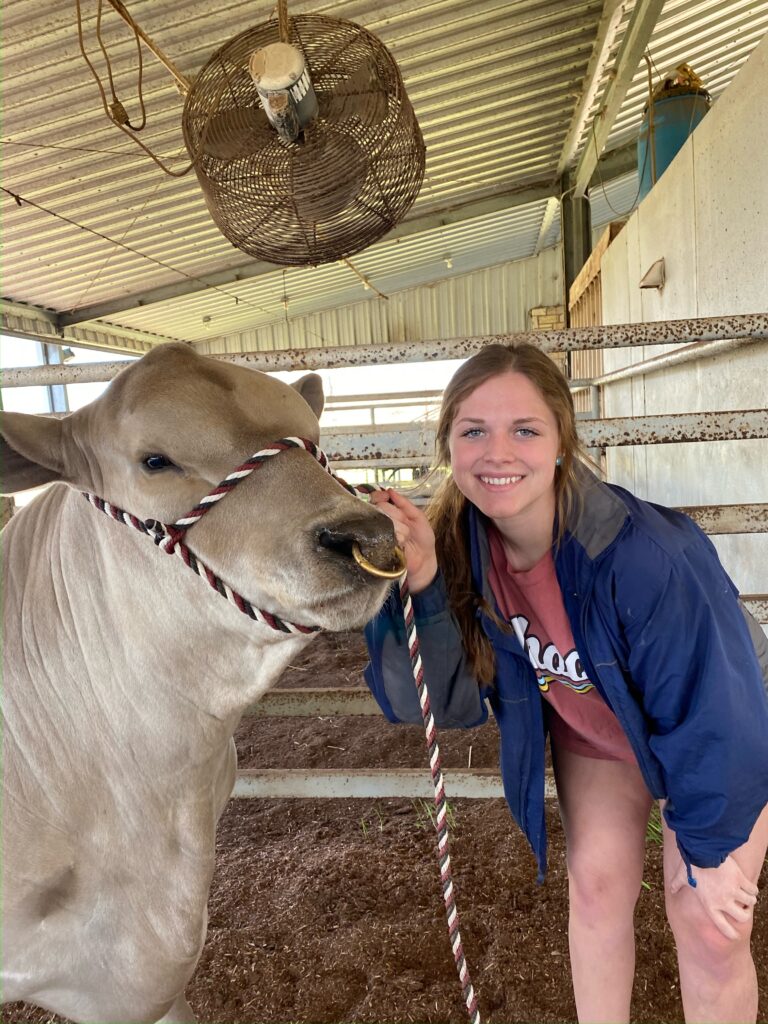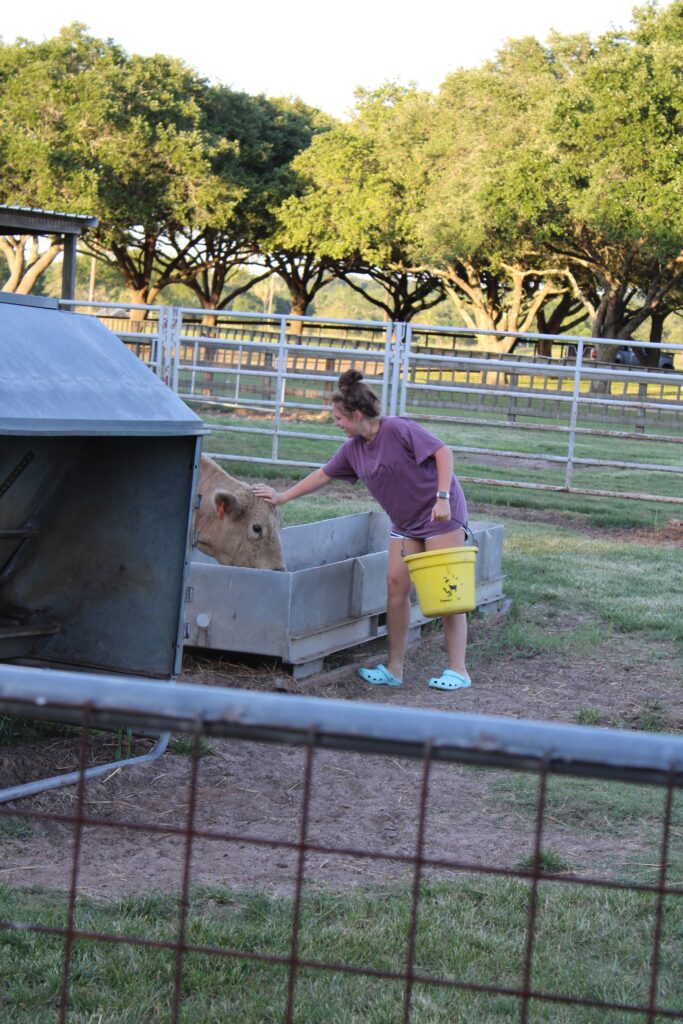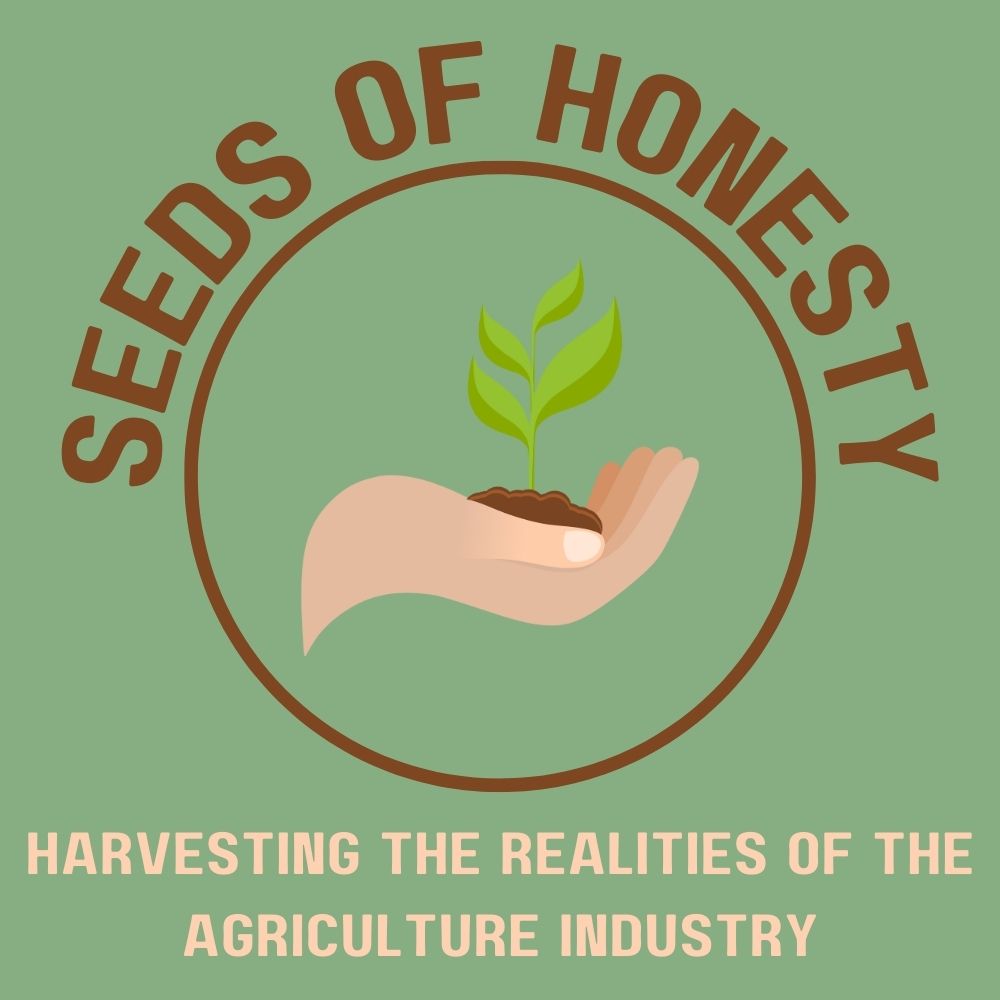Podcast: Play in new window | Download
If you ask someone if small family-owned and operated farms contribute to the food industry at a large scale, you will get a variety of responses. However, small family-owned and operated farms play a vital role in our food industry.
How Do Small Farms Feed the World?
Nearly 90% of farming operations are small-scale farms. While one small farm does not contribute significantly to the food industry, combined they make up a large portion of the food industry.

In this episode, I will talk to a former livestock showman and current show cattle raiser, Parker Wilson. Wilson is from Navasota, Texas, and is a senior at Texas A&M University. Wilson will graduate in May with a degree in Agricultural Communications and Journalism and Agricultural Leadership and Development.
Wilson is an agriculturalist who raises show cattle. Her family owns and operates a small cattle operation.
We will talk about how small farming operations and businesses contribute to the food industry. The beef cattle industry provides beef locally and globally.
Why are Small Farms Essential for Food Security?
So while small farms and ranches may appear to be small, they are mighty. Small farms and ranches play a crucial role in certain markets. Equally, small-scale farms are essential for diversity and food resilience.
Furthermore, Wilson was able to contribute to the food industry by showing and raising market steers. Within her 10-year show career, Wilson raised 70 steers. Raising livestock is a cornerstone of the food industry.

Again, small-scale farms often focus on the quality and sustainability of their crops and/or livestock. They foster strong ties between communities. In addition, these farms also provide food directly to consumers.
Therefore, not only do these small farms contribute to the food industry, but they also educate the youth and bring awareness to the agriculture industry. Lastly, small farms are the root of the food industry and are essential to food security.

